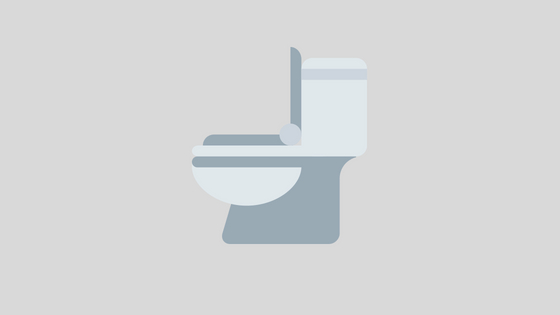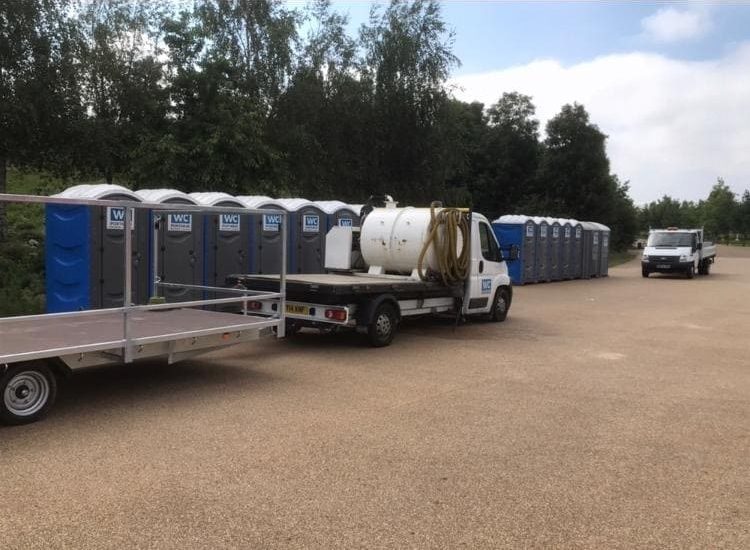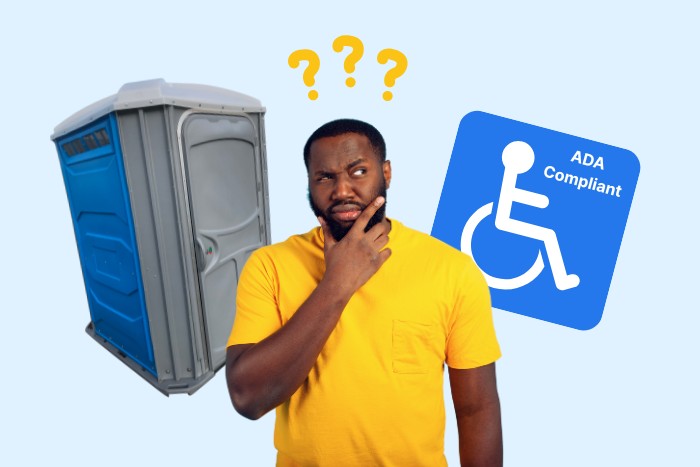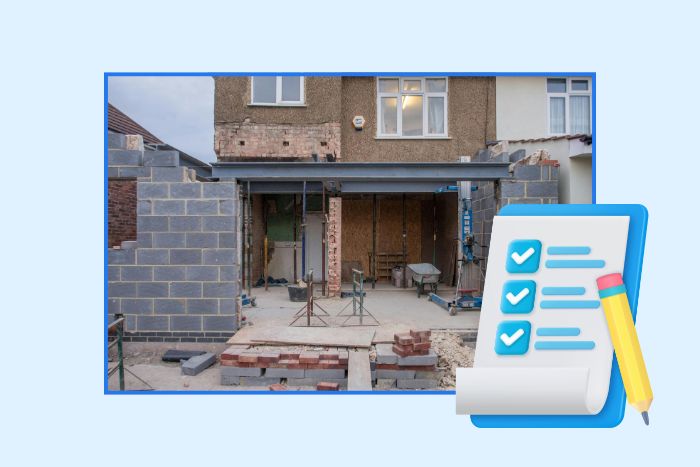As humans, we can be quite indecisive when confronted with alternatives. Our decision making is required when we walk in on multiple unoccupied cubicles. We contemplate using the nearest, centre or furthest stall in less busy public toilets. What is the logic behind our choice of a cubicle? It is important to explore the possible reasons why people choose these cubicles.
Possible reasons when choosing a public toilet cubicle:
- Nearest cubicle: The nearest cubicle in a public toilet is not considered popular amongst users. In the event, all cubicles are unoccupied people tend to avoid the first cubicle due to privacy. In addition, a certain number of individuals are convinced that the closest cubicle has the most germs when compared to the other units. On the other hand, individuals who use the closest cubicle, opt for these units because they are too pressed and can’t be bothered checking other units. Some users also feel in the case of an emergency, these stalls are closest to the door than other cubicles. Safety or emergency concerns could prompt individuals opting to use the first available unit. Other users of these cubicles are happy to play safe with the first clean and available unit. They don’t really see the need to skip a clean and available toilet for one further which may not be in the best state.
- Middle cubicle: Certain individuals may feel more privacy with these units than the ones closest to the door. The advantage of these units is that you are likely to have users to the left and right. In the event of a tumultuous fart sound when in these cubicles, users of the urinal will find it difficult to predict which stall occupier is responsible. A research on the habits of public toilet users revealed that men are more likely to use the middle stall when faced with three empty cubicles. To be exact, about 40 percent of men will opt for the middle one, 28 per cent will choose the cubicle nearest to the door and 32 per cent end up with the furthest stall. Women are slightly different as lesser percentage choose the middle stalls when compared to their male counterparts. More women choose the stalls furthest from the door as about 37 per cent of ladies are believed to do so, 29 per cent opt for the middle and 34 per cent prefer the cubicles closest to the door.
- Furthest cubicle: This is a popular cubicle choice as most users prefer some degree of privacy when doing a number two. The thought of having someone walk past your cubicle when you are about to empty your bowels could be slightly distracting. Settling for the furthest cubicle will ensure the smell that is generated from your stall is diffused as it travels towards the door of the toilet. The journey from your stall to the door ensures the smell loses its effect and people walking into the toilet will not have to deal with an unfriendly welcome.
There are empty or unoccupied cubicles during off-peak toilet times. It is in these moments we have the luxury of choosing either the middle, left or right cubicles. We are left with little or no choice for cubicles in the event of queuing to use public facilities.




